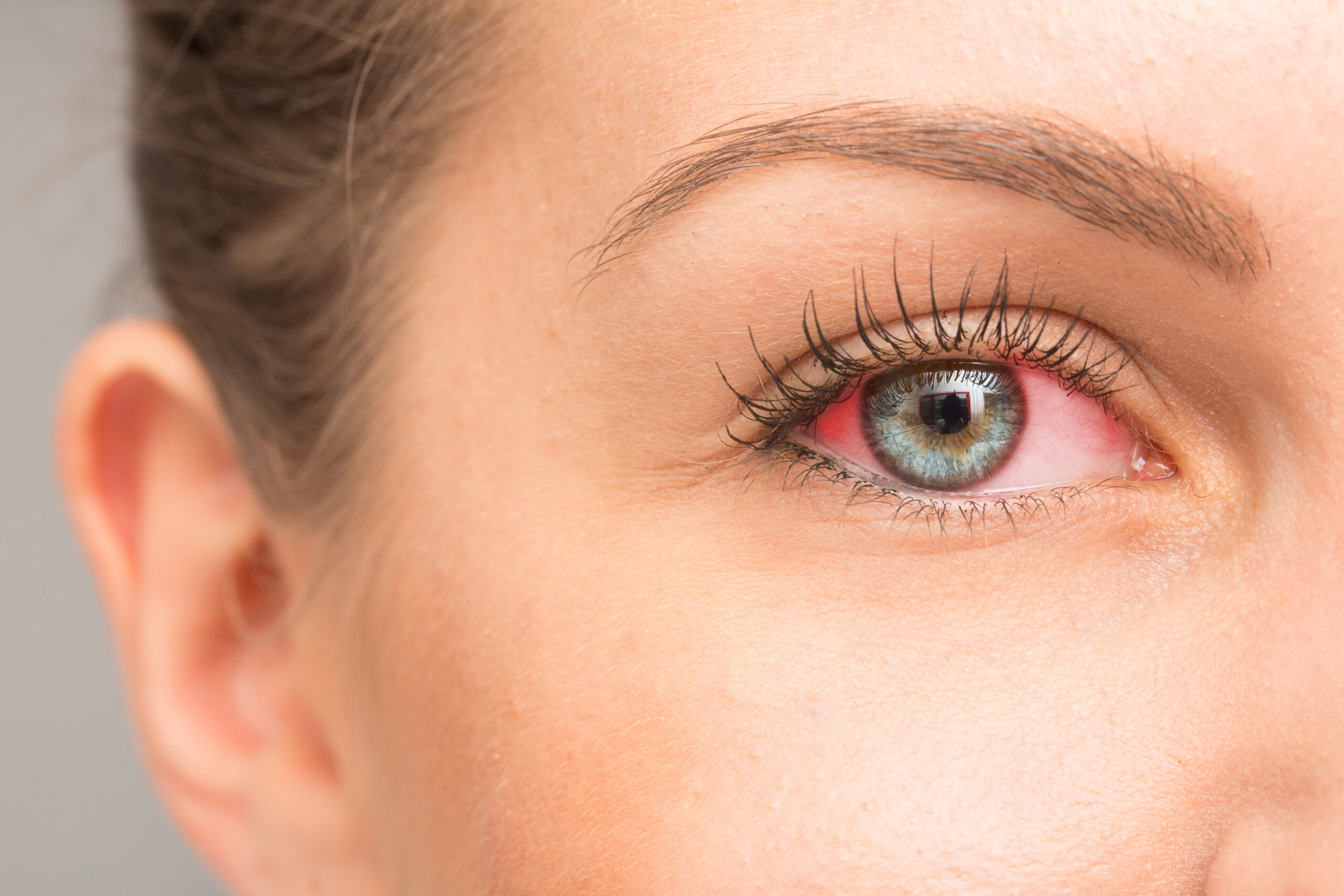Uncategorized
Tips to Relieve Dry Eyes
During the colder months, dry eyes are among the most common issue eye doctors’ face with their patients. In this blog, we will discuss tips on how to relieve dry eye discomfort and know when it’s severe enough to speak about your situation with an eye care professional.
Whether you live in a cooler climate or you’re planning a ski trip, the winter can be challenging if you deal with dry eyes. The dry, cool air, cold winds, and sometimes dry indoor heating can cause itchiness, burning, irritation, and redness in your eyes. Sometimes, it can cause excessive watering in your eyes as more tears are produced to compensate for the dryness. For most, it feels like you have something in your eye, and the rubbing can cause blurred vision. These symptoms can be debilitating if not taken care of properly.
According to the National Eye Institute (NEI) and the American Optometric Association, “An estimated 5 million people over 50 years of age in the U.S. suffer from dry eye.”
Here are some tips to relieve your symptoms:
- Keep eyes moist with artificial tears or eye drops. If your eyes are feeling dry or irritated, apply these a few times each day. If the over-the-counter drops don’t help or you have chronic dry eyes, speak with your eye doctor to find the best option for you. Know the cause of your dry eye to help your doctor determine which brand of drops or artificial tears will be most effective for your eyes.
- Use a humidifier to counteract the drying effects of indoor heaters or generally dry air.
- Point car vents or indoor heaters away from your face when the heat is on. Try to keep your distance from direct sources of heating, especially if they blow out the heat.
- Drink a lot of water Hydrating your body will also hydrate your eyes.
- Protect your eyes outdoors with sunglasses or goggles – the bigger your eyewear, the better! Even goggles that wrap around your head work well for winter sports or even just walking around if you want to wear them. As long as they cover a large surface area, the wind shouldn’t bother your eyes.
- Use a warm compress to soothe dry eyes, and never rub them. When you rub your eyes, you increase irritation, leading to infection if your hands are not clean.
- For contact lens wearers: If you wear contact lenses, dry eyes can be particularly debilitating as the contact lenses can cause even further dryness and irritation. Using contact lens rewetting drops can help your eyes feel better and also allow you to see more clearly. Be sure to ask your optometrist which eyedrops are compatible with your contacts and cleaning solution as well. If rewetting drops don’t help, try wearing eyewear when your dry eyes are bad, and speak to your optometrist about which brands of contact lenses are better for dry eyes, but don’t throw them out. Many people find dry eye improvement when they switch to single daily use contact lenses.
Chronic Dry Eyes or Dry Eye Syndrome
When your eyes do not produce enough tear film or do not produce the tear film’s quality needed to keep eyes moist, it is known as a chronic condition called dry eye syndrome. Winter weather can make it worse, but for most, it is present all year round. If you’ve tried all the tips above and they don’t alleviate your irritation, seek out the help of your Optometrist to learn if your condition requires medical treatment.
If you’re looking for protective, wind-blocking eyewear, view SafeVision’s selection online or call to speak with one of our representatives about your options today!

